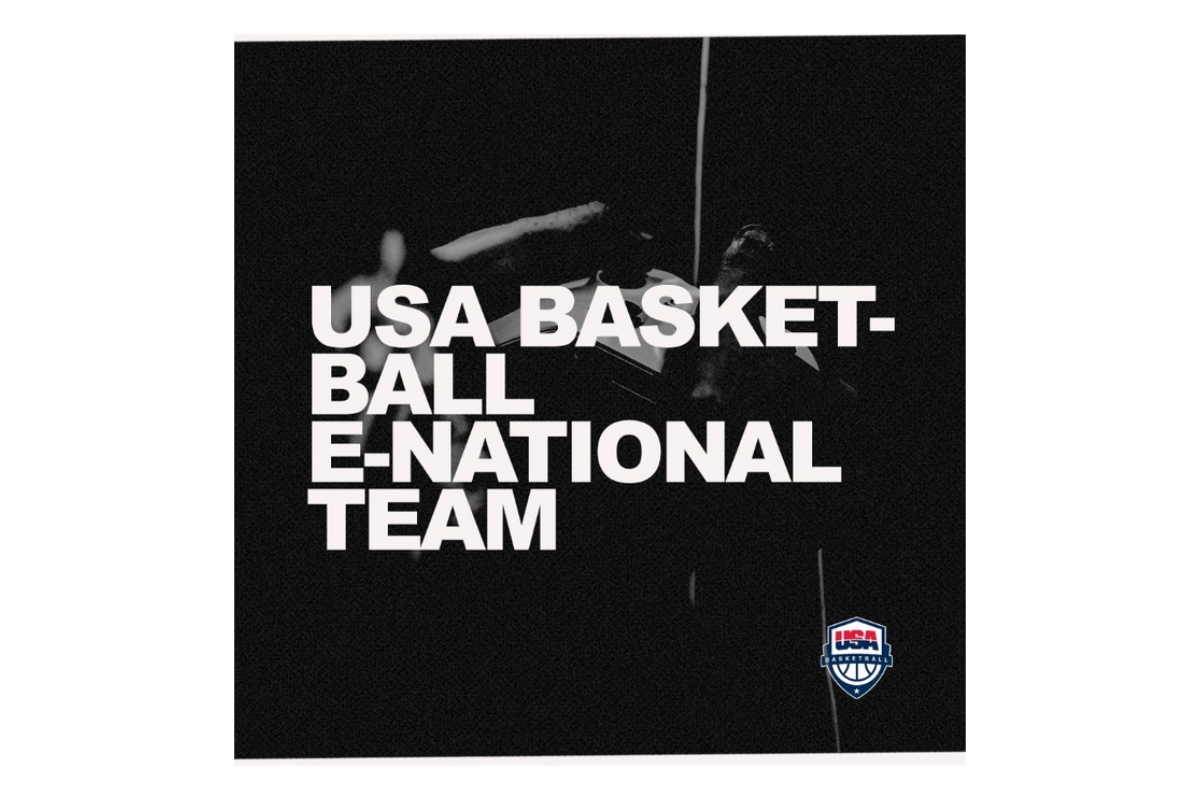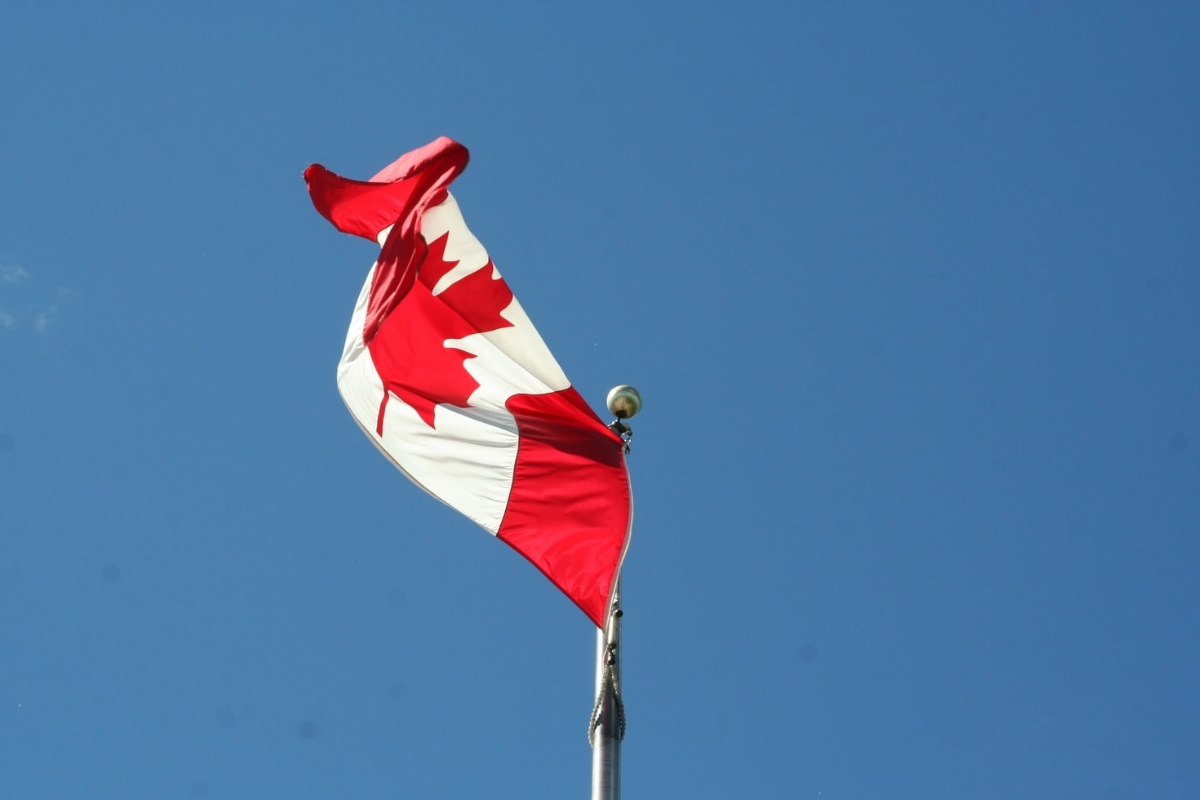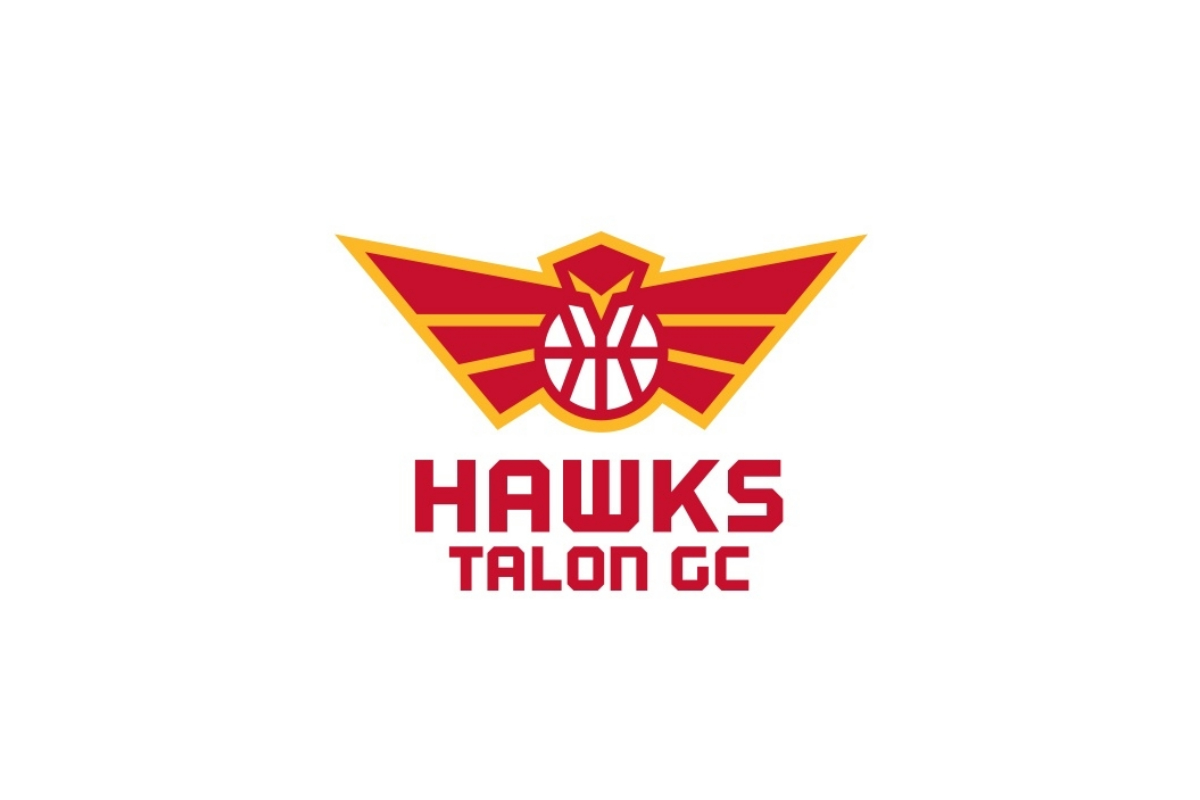
USA Basketball Set to Hold Trials for USA National Gaming Team
Thirty of the top basketball 2K gamers have accepted invitations to the first trials for a USA Basketball E-National Team, set to be held virtually Nov. 7-8, 2020. The trials will be used to select a national team that will represent the United States at the FIBA Esports Open II in the North and Central American Conference on Dec. 19-20. The seven-member, mixed-gender USA squad will tip-off virtually against gaming teams from Canada, Costa Rica, Dominican Republic, Guatemala, Honduras and Puerto Rico for the right to be crowned conference champions.
“USA Basketball is excited to take this first step in becoming a part of the gaming community and the FIBA Esports Open,” said Jim Tooley, USA Basketball CEO. “The gaming world has seen rapid growth, evidenced by the large number of gamers and fans involved, and the timing and opportunities makes sense for USA Basketball to add an e-national team to compete in future international FIBA competitions. Just as USA Basketball does with its five-on-five and 3×3 national teams, we look forward to selecting high-character and gold medal competitive national teams for this and future FIBA esport competitions.”
In order to be eligible to compete, gamers must be a U.S. citizen who is at least 16 and have a minimum My Career Character rating of 95.
The 30 gamers who have accepted invitations include 23 men and seven women from across the country.
The invitees include ABPureblood20 (Amber Sammons/HeartCrushers); ALittleLady87 (Wendi Fleming/BallHerAlert); Arooks (Aaron Rookwood/Bucks Gaming); BearDaBeast (Michael Key/T-Wolves Gaming); CB13 (Charles Bostwick/Warriors Gaming Squad); Chiquitae126 (Chiquita Evans/BallHerAlert); Crush (Rafel Davis/Kings Guard Gaming); Dayfri (Ryan Conger/Wizards District Gaming); Dimez (Artreyo Boyd/Mavs Gaming); DjLayyy (Alaina Haney/HeartCrushers); FEAST (Mihad Feratovic/T-Wolves Gaming); G O O F Y 7 5 7 (Dayvon Curry/Grizz Gaming); Gradient (Samuel Salyers/Warriors Gaming Squad); HazelChildress4 (Hazel Childress/BallHerAlert); Hotshot (Juan Gonzalez/Heat Check Gaming); icygrl (Brianna Novin/BallHerAlert); iKilledZiah (Ziah Minor/HeartCrushers); JBM (John Mascone/Wizards District Gaming); Kenny Got Work (Kenneth Hailey/Raptors Uprising GC); Legit 973 (Jake Knapp/Raptors Uprising GC); Mama Im Dat Man (Nidal Nasser/Kings Guard Gaming); OneWildWalnut (Dayne Downey/Blazer5 Gaming); OriginalMalik (Malik Hobson/Knicks Gaming); Radiant (Ethan White/76ers GC); Ramo (Ramo Radoncic/Pistons GT); Regg (Reginald Nash Jr./Bucks Gaming); Ria (Spencer Wyman/Jazz Gaming); Sick One (Gerald Knapp/Raptors Uprising GC); Timelycook513 (Eric Donald/Raptors Uprising GC); and Zae (Zaeya Ishak/Hornets Venom GT).
Team selections will be made by the USA Basketball E-National Team Selection Panelists, featuring NBA 2K League community ambassador Graham Borden; Wizards District Gaming team manager Patrick Crossan; Utah Jazz Gaming coach Jelani Mitchell; Aerial Powers, a 2015 World University Games gold medalist and a forward with the WNBA Washington Mystics; and USA Basketball Youth & Sport Development assistant director Andrea Travelstead.
While this will be USA Basketball’s first foray into esports, the tournament will mark the second edition of the FIBA Esports Open, the first of which took place in June and included five conferences featuring 114 gamers from 17 national federations. The FIBA Esports Open II field has been expanded to 38 national teams in seven regional conference.
Each national team will consist of up to seven players, five on the court and two reserves. Games will be played remotely on NBA 2K21 using the Pro-AM mode and allowing for customization of gamer avatars and uniforms.
The North & Central Americas Conference games will stream live on FIBA’s YouTube, Twitch and Facebook channels.
The USA Basketball E-National Team trials will feature the 30 gamers split into six different teams for the first trials session, which will feature round-robin play. As is the case with all USA Basketball team trials, the USA Basketball E-National Team Selection Panelists will have the ability to make changes to teams in order to allow players to compete with and against a variety of other players in order to allow the panelists to select a competitive team to represent USA Basketball at the FIBA Esports Open.
Africa, Middle East and Southeast Asia conferences will be played Nov. 14-15, the Europe Conference is scheduled for Dec. 12-13 and the South America Conference will be held Dec. 19-20.
As was the case for the inaugural FIBA Esports Open, this entire series will be produced from the FIBA Esports Studio in Riga, Latvia, with 54 hours of live content being streamed on FIBA’s Facebook, Twitch and YouTube channels. Each game will be available online with live commentary in English, as well as a daily show featuring up to 12 games.











